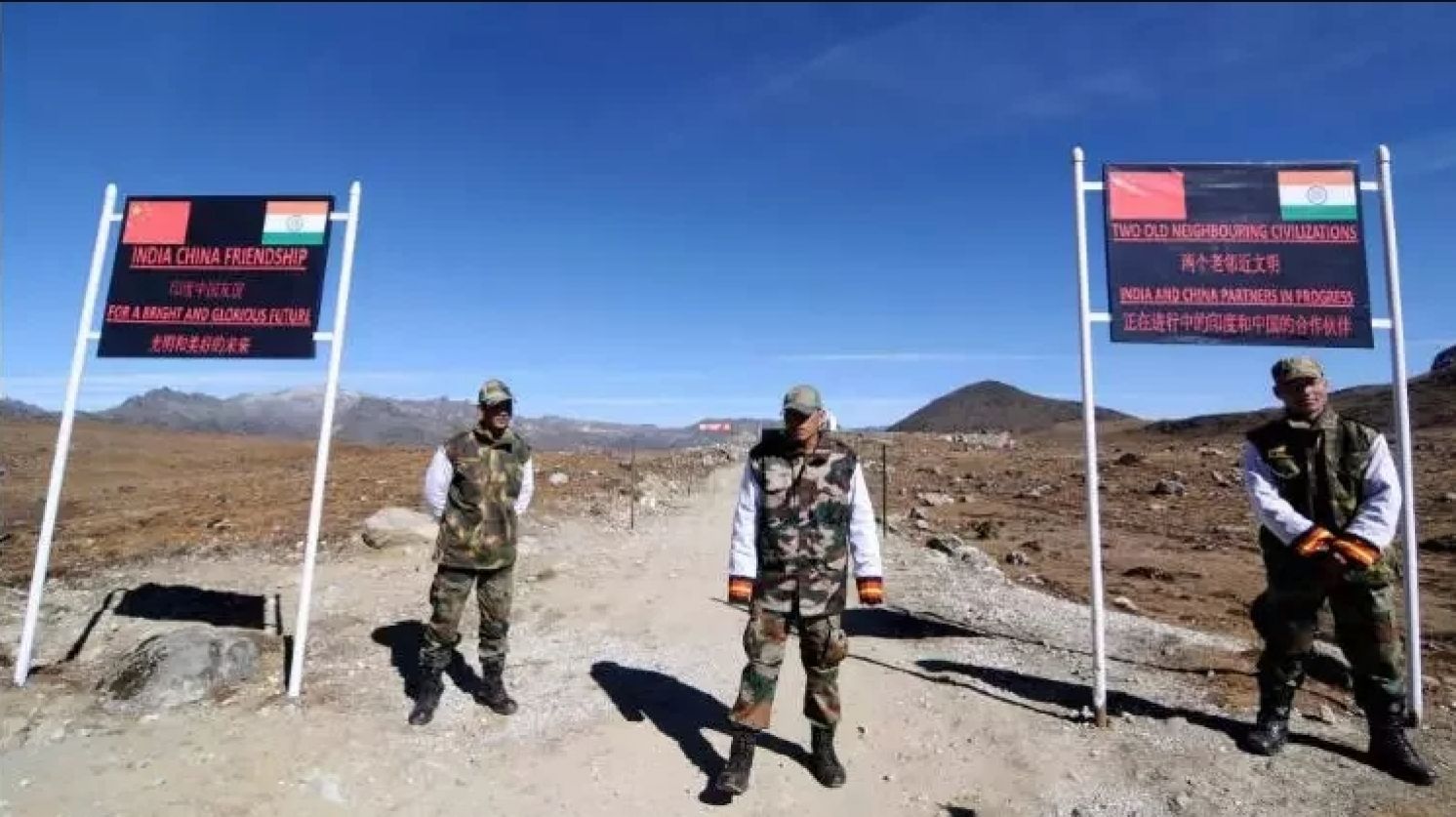
This Week in Taiwan 0903-0909
September 3: The Ministry of National Defense will resume one-year compulsory military service next year, with the total number of recruits estimated at 9,100. To solve the problem of low staff ratios in the outer islands, both conscripts and voluntary personnel will serve in the outer islands. An average of one out of 13 conscripts may serve in the outer islands.
September 5: President Tsai Ing-wen visited diplomatic ally Eswatini in Africa, meeting with King Mswati III. They witnessed the two countries sign three documents on providing small loans to women starting their businesses, establishing sister city relations between Kaohsiung and Mbabane, and constructing a strategic oil storage tank in Eswatini. More than 80 political figures from 11 African countries, including South Africa, welcomed President Tsai in a joint statement. At a dinner with overseas compatriots, President Tsai pledged that she would review and revise the "Africa" plan upon returning home.
September 6: Chairman Mark Liu of the Taiwan Semiconductor Manufacturing Company (TSMC) delivered a keynote speech at SEMICON Taiwan 2023, an international semiconductor exhibition. He stated that the development of semiconductor technology has reached the exit of the tunnel. There are many possibilities outside the tunnel, and the company is no longer bound by the tunnel.
The recent shortage of chips caused by generative AI, Liu said, is not due to a lack of TSMC process production capacity but a sudden increase in CoWoS production capacity, which is three times the usual capacity. The TSMC's production capacity will catch up with customer demand in about a year and a half. The current capacity bottleneck should be a short-term phenomenon. Liu asked observers to wait and see when he mentioned the progress of the TSMC's establishing its plant in the United States and the support that it has received from local government.
September 6: Chairman Xiang Xin of China Innovation Investment Limited and his wife Gong Qing are involved in the Wang Liqiang (a self-proclaimed former Chinese spy who sought political asylum in Australia in 2019) espionage case and were investigated for violating the National Security Act. The prosecutor found no criminal facts and determined that the couple would not be prosecuted. The couple was also charged with money laundering. The Taiwan High Court rejected the prosecutor's appeal due to insufficient evidence and upheld the acquittal verdict in the first instance. However, the couple is still restricted from leaving Taiwan as the Taiwan High Prosecutors Office is considering whether to appeal. Xiang and his wife have been in Taiwan for 1,390 days.
September 7: Presidential candidates Ko Wen-je of the Taiwan People's Party (TPP) and William Lai of the Democratic Progressive Party (DPP) are both involved in illegal construction controversies. Ko was accused of adding iron sheeting to the top floor of his old home in Hsinchu and was besieged by the DPP. Lai was also exposed that his old home in New Taipei violated regulations since it is situated on mining land and registered in the name of Lai's son.
September 7: MediaTek and TSMC jointly announced that MediaTek's first next-generation Dimensity flagship chip using TSMC's 3-nanometer process has successfully finalized its design (tape out) and is expected to enter mass production in 2024. Within a year, terminal products may be launched and compete with Apple products on an equal footing.
September 8: The Basic Wage Review Committee of the Ministry of Labor decided that the basic wage will be increased by 4.05 percent, from NT$26,400 (about US$825) to NT$27,470 (about US$859) per month, and from NT$176 (about US$5.50) to NT$183 (about US$5.70) per hour. President Tsai could not meet her political promise to raise the salary to NT$30,000 (about US$938) during her tenure.
September 8: According to Bloomberg and various media sources, the United States had quietly inquired about what contribution India could make if a war broke out in the Taiwan Strait. India has been studying response plans for possible scenarios, with the most extreme option being to directly engage the People's Liberation Army (PLA) on the Sino-Indian border and open up a new battlefield.